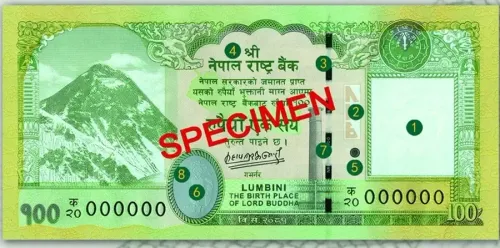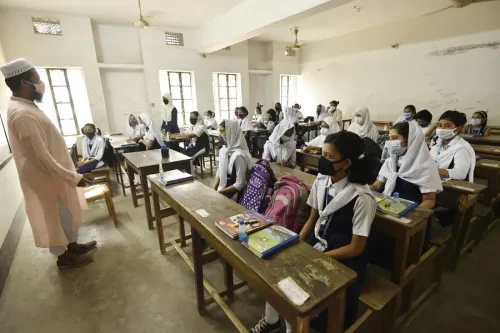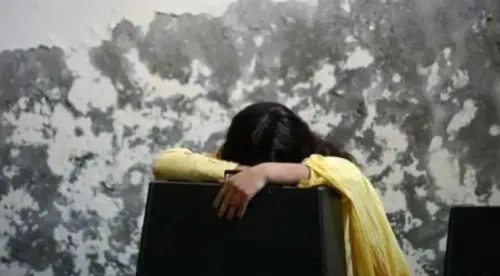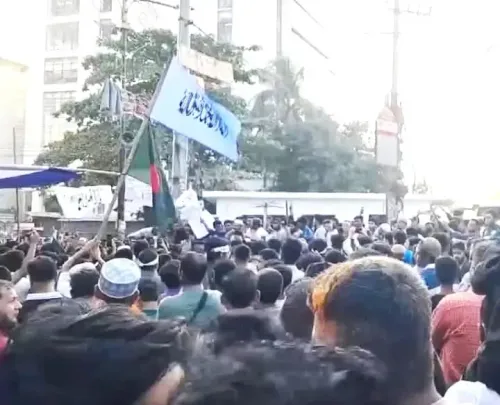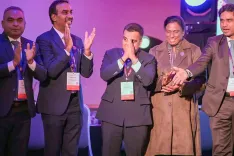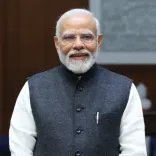Iran Dismisses Nuclear Discussions Amid Pressure and Intimidation
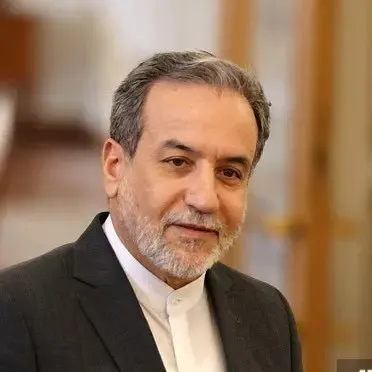
Synopsis
Key Takeaways
- Iran will not negotiate under external pressure.
- Military threats and sanctions from the US are not acceptable.
- Iran insists on peaceful nuclear energy.
- Negotiations must occur on equal terms.
- No letter from Trump has been received by Iran.
Tehran, March 10 (NationPress) Iran's Foreign Minister Seyed Abbas Araghchi emphasized on Monday that the nation will not engage in nuclear negotiations while facing pressure and intimidation.
He conveyed this message through a post on the social media platform X, in response to US President Donald Trump's propositions for negotiating a nuclear agreement with Tehran.
Araghchi stated, "We will not negotiate under pressure and intimidation," specifically calling out Washington's military threats and sanctions against Iran. "We will not even consider it (negotiation), regardless of the topic. Negotiation is distinct from bullying and issuing diktats."
The minister reaffirmed that "Iran's nuclear energy program has consistently been and will continue to be entirely peaceful," rejecting any claims of its "potential militarization."
He also mentioned that Iran is engaging in separate discussions with international partners "on an equal footing and with mutual respect," aiming to find pathways for enhanced confidence and transparency regarding its nuclear program in exchange for the removal of "unlawful" sanctions.
In an interview aired on Fox Business Network last Friday, Trump expressed his desire to negotiate the nuclear matter with Iran and mentioned he had sent a letter to the country's leadership, as reported by Xinhua news agency.
During a weekly press briefing in Tehran on Monday, Iran's Foreign Ministry Spokesman Esmaeil Baghaei noted that the country had not yet received such a letter.

